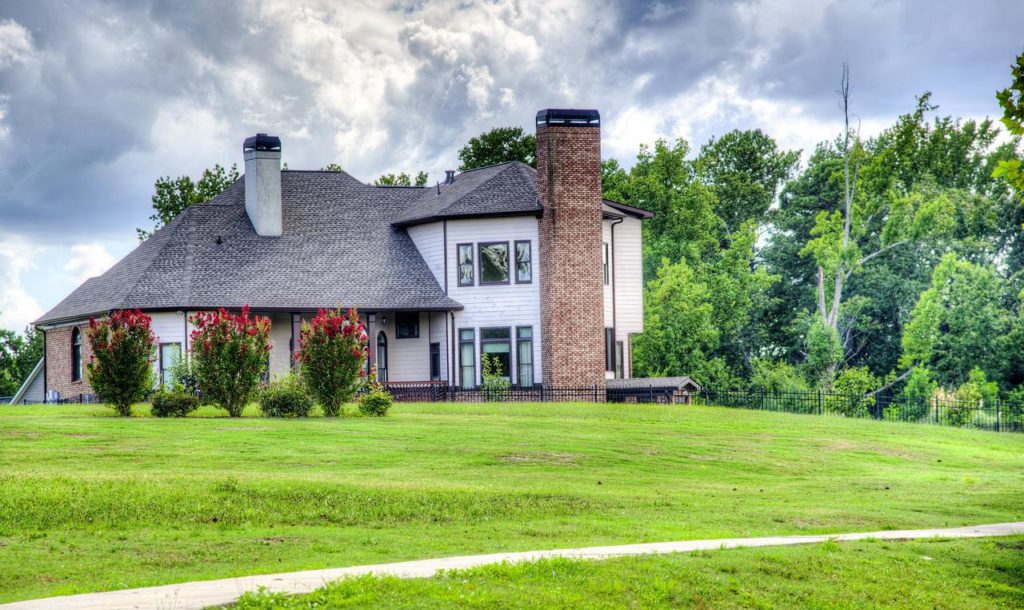Picnic Grass
Imagine you’re driving along and you see a beautiful green field. You think to yourself, that’s a great field for a picnic. It has green, lush grass all around on a bright sunny day. You get some snacks from home, maybe take your kids and/or significant other, and go back with a picnic blanket. Once on the field, assuming it’s public property of course, you walk around trying to find a good spot to drop the blanket. Turns out there are more dead patches than you noticed from the road. You find a spot and settle in. Then the bugs show up. You and whoever you’re with try to deal, but then a cloud hides the sun. You realize that, while mostly sunny out, it’s actually a bit chilly. Dirt patches, bugs, some wind chill… Boy, it sure looked better from the road!
Judging from a Distance
What basically happened is that you judged a scene from a distance and dove right in. Now, in the way of experiences, this was a literal picnic. Imagine going into major life decisions without knowing the finer details. We wouldn’t do that. So, why are we quick to judge in other areas?
Things sometimes look better from the outside, where you can’t see the imperfections. From a distance, your neighbor’s lawn looks spotless. The grass stands taller than the dirt. Looking from a distance instead of straight down, it’s far more green. Most neighbors try to put on a good face for the public, so, unless you know your neighbors really well, you may not know their struggles.
Image vs. Reality
Maybe that old woman who lives alone always pruning her beautiful garden is trying to take her mind off her son who abandoned her. Maybe the old couple who always seem happy just got terrible medical news. Maybe the guy always yelling at the neighborhood kids to get off his lawn is afraid of being accused of something… again. Maybe the young couple that keeps to themselves is struggling with infertility.
We scroll through social media but we only see what people want us to see. Most people don’t share the ugly. Yes, there are some who do and for various reasons (whether for attention, sympathy, or help). We see family photos, people proud of their kids, delicious meals, cool vacations, awards, and so much more. What we don’t see much of is tiredness, frailty, weakness, fear, self-judging or self-loathing, deep or hidden depression, and so much more. When people are insecure about something, they will not share it. Sometimes they don’t want to bother others and sometimes they feel sharing shows weakness. Why does our society create this notion that weakness makes a person less valuable?!
Good Neighbors
The bottom line is we don’t know what we don’t know. Consider this: if you are capable of weakness and insecurity and second-guessing, so is every neighbor and every person on your friend list. Continue to boost each other up, but don’t fall into the trap of quick judgment or jealousy. Share your good news and happiness, but also check on others and don’t be afraid to appear vulnerable. Let’s be good neighbors. Let’s promote a better human existence with honesty, integrity, and kindness in all ways possible.
